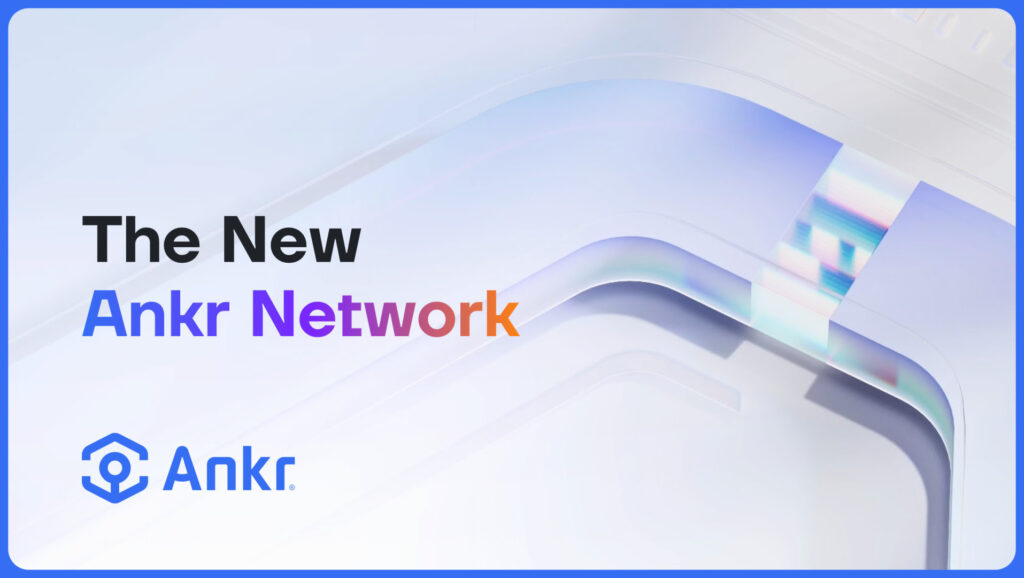Ankr, a leading Web3 infrastructure provider, is excited to announce the launch of Ankr Network 2.0 bringing a full suite of decentralized products and services.
Described as a “Decentralized marketplace for Web3 infrastructure”, Ankr Network 2.0 aims to solve the concerns within the Web3 industry. For a long time now, many people have been concerned with the decentralized nature of Web3, especially because centralized data centers and companies host most of their server infrastructure for underlying blockchains. Ankr’s new update solves this problem by providing new decentralized web services. With the new update, the protocol will allow independent node operators to connect dApps and developers to blockchains while earning rewards.
While commenting on the upgrade, Greg Gopman, the Chief Marketing Officer at Ankr, said:
“Ankr 2.0 is the missing link for Web3 to become decentralized once and for all. Allowing blockchains to work with multiple infrastructure providers on a single network has always been the dream for speed, reliability, and decentralization. Now with the Ankr Network, that’s all possible. It’s a major move forward for the industry to keep innovating towards an infrastructure that can handle mass adoption in the years to come.”
Notably, the Ankr team has been working on the new Network for over a year. During this time, the protocol has been transitioning its centralized infrastructure business to a decentralized protocol. As a result, Ankr is now the first of its kind infrastructure protocol for the industry to collaborate on while providing numerous benefits.
 
 
First, the protocol allows independent node providers to run full nodes and earn rewards for their activities. In addition, those that already run full nodes for their projects can also connect to the Ankr Network to earn rewards when their project is not using the nodes.
Also, developers can connect to the decentralized RPC layer through the protocol. This means that developers, wallets, dApps, and other projects now have a decentralized means to connect to blockchains.
The update has also created an avenue for the first ever instance of staking to full nodes while providing greater utility for the ANKR token. The ANKR token is the native token on the platform and will serve a virtual role in the decentralized Ankr Network. For instance, developers will use the token to pay for access to on-chain data. Independent node providers will use the ANKR token to serve blockchain requests. On the other hand, stakers will contribute the tokens to nodes to secure the network while sharing rewards.
Following the update, the Ankr Network will soon transition to a new DAO framework promoting consensus-based governance. This will reportedly affect decisions on allocating funds, price and revenue splits, and choosing which blockchains to onboard to Ankr’s RPC services.


